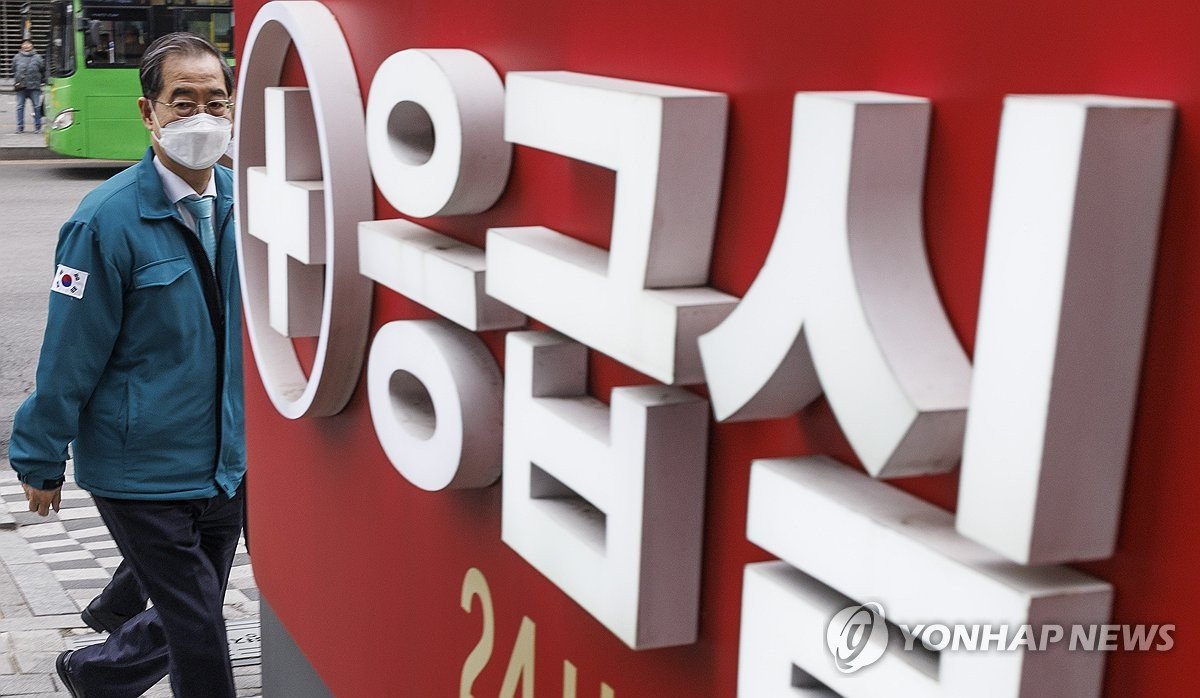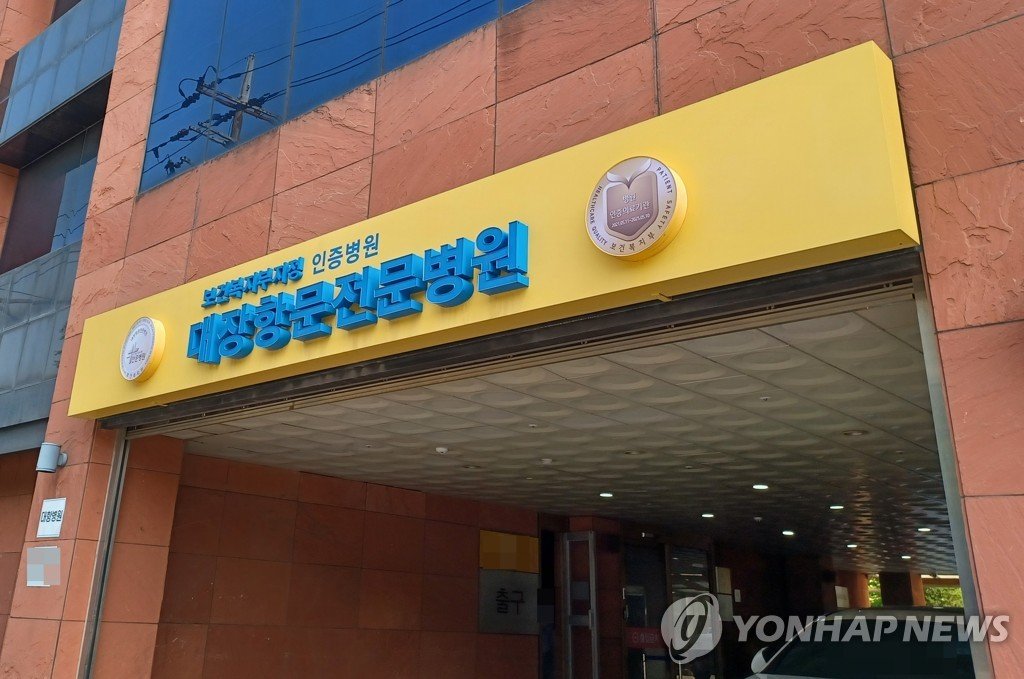Specialized hospitals specializing in specific diseases and medical departments, operated at 109 locations nationwide
The criteria for designation are strict and the hospital has a medical standard comparable to that of a university hospital, but awareness is low.
Special hospitals also have ‘regional imbalance’… “We need to expand the role of specialized hospitals by strengthening the promotion and compensation system.”

Prime Minister Han Deok-soo visits the 2nd general hospital
(Seoul = Larose.VIP) Reporter Oh Jin-song = As the ‘medical gap’ in large hospitals grows due to the mass resignation of medical residents, ‘specialty hospitals’, which are small hospitals with expertise at the level of large hospitals in specific diseases or treatment areas, are attracting attention.
The medical community believes that specialized hospitals can be a solution to the abnormal structure in which patients are concentrated only in large hospitals, and to this end, they emphasize the need to strengthen support and promotion for specialized hospitals.
On the 12th, the government decided to promote a specialty hospital development plan that aims to strengthen support for small and medium-sized hospitals and specialty hospitals.
Prime Minister Han Deok-soo said at a cabinet meeting presided over at the Seoul Government Complex on this day, “We will create a system where hospitals at each level can receive appropriate compensation based on their capabilities, not the size of the hospital, and support the creation of more small, specialized hospitals with expertise.” “He said.
This can be interpreted as an attempt to strengthen the role of specialty hospitals, which are small and medium-sized hospitals, in order to alleviate the phenomenon of ‘patient concentration’ in large hospitals.
A specialty hospital is a hospital-level (secondary) medical institution that provides highly complex medical services for specific diseases or medical subjects.
In order to secure the competitiveness of small and medium-sized hospitals through the specialization and specialization of hospitals, the government established the legal basis for the specialized hospital system by revising the Medical Service Act and has been designating specialized hospitals every year since 2011.
Currently, a total of 109 medical institutions across the country are designated and operated as specialized hospitals.
There are 12 areas designated as specialized hospitals for each disease, including joints, cerebrovascular disease, colorectal anus, digital joints, heart, alcohol, breast, spine, burns, perinatal period, oriental medicine stroke, and oriental medicine spine.
There are seven departments, including obstetrics and gynecology, pediatrics, neurology, ophthalmology, surgery, otolaryngology, and oriental gynecology.
Specialty hospitals are designated by the Minister of Health and Welfare after deliberation by the Specialty Hospital Review Committee among hospitals that meet the designation criteria such as patient composition ratio, treatment volume, essential medical subjects, medical personnel, beds, and medical service level.
Once designated as a specialized hospital, the status is recognized for three years, and health insurance fees, including management fees and medical quality evaluation subsidies, are supported.
The Ministry of Health and Welfare regularly evaluates whether the designated standards are maintained and stops calculating the number of benefits if they are not met.

Daehang Hospital, a colon and anal specialty hospital. Not directly related to the article.
Because the standards for designation and operation and maintenance are strict, specialized hospitals provide medical services at a level comparable to that of higher-level general hospitals, at least for specialized diseases or specialized subjects.
Since even patients with difficult conditions can receive sufficient treatment at specialized hospitals, specialized hospitals are expected to be an ‘alternative’ to resolve the concentration of patients in large hospitals.
Lee Sang-deok, president of the Korea Specialty Hospital Association, said, “The purpose of the specialty hospital system is to correct the medical delivery system by preventing patients from being concentrated in high-level general hospitals through highly difficult medical services.” He added, “The government’s current policy direction is a desirable direction that is consistent with the original purpose.” It was evaluated as follows.
However, they complained that because the awareness of specialty hospitals is still low, they are unable to attract patients who visit large hospitals.
Chairman Lee said, “It has been 13 years since the specialized hospital system was introduced, but the public still does not know what a specialized hospital is,” and added, “The government must make more efforts to promote and improve awareness of specialized hospitals.”
It was also suggested that a government-led manual is needed so that when a serious or emergency patient occurs, paramedics can transfer the patient to an appropriate specialized hospital and shorten treatment time.
For example, if a patient with cerebrovascular disease occurs in Seoul, the paramedics will not necessarily take the patient to a high-level general hospital, but may transfer the patient to Seoul Myeongji St. Mary’s Hospital, a cerebrovascular specialty hospital.
He emphasized, “We must create a ‘regional emergency medical network’ led by the government,” and “We must use this opportunity to correct the medical delivery system.”
It was also suggested that specialized hospitals should be expanded through additional designation and the compensation system should be strengthened so that specialized hospitals can play their role as ‘midfielders’.
This is due to ‘regional imbalance’ in specialty hospitals. Currently, more than half of the 109 specialized hospitals nationwide are in the metropolitan area, and there are no specialized hospitals in Gangwon and Jeonbuk.
Chairman Lee said, “In order to be designated as a specialized hospital, we need to strengthen investment, such as hiring additional personnel and receiving medical institution evaluation certification, but the compensation is low.” He added, “The government must strengthen compensation to encourage more hospitals to become specialized hospitals.” “I do it,” he said.
dindong@yna.co.kr
Report to KakaoTalk okjebo





